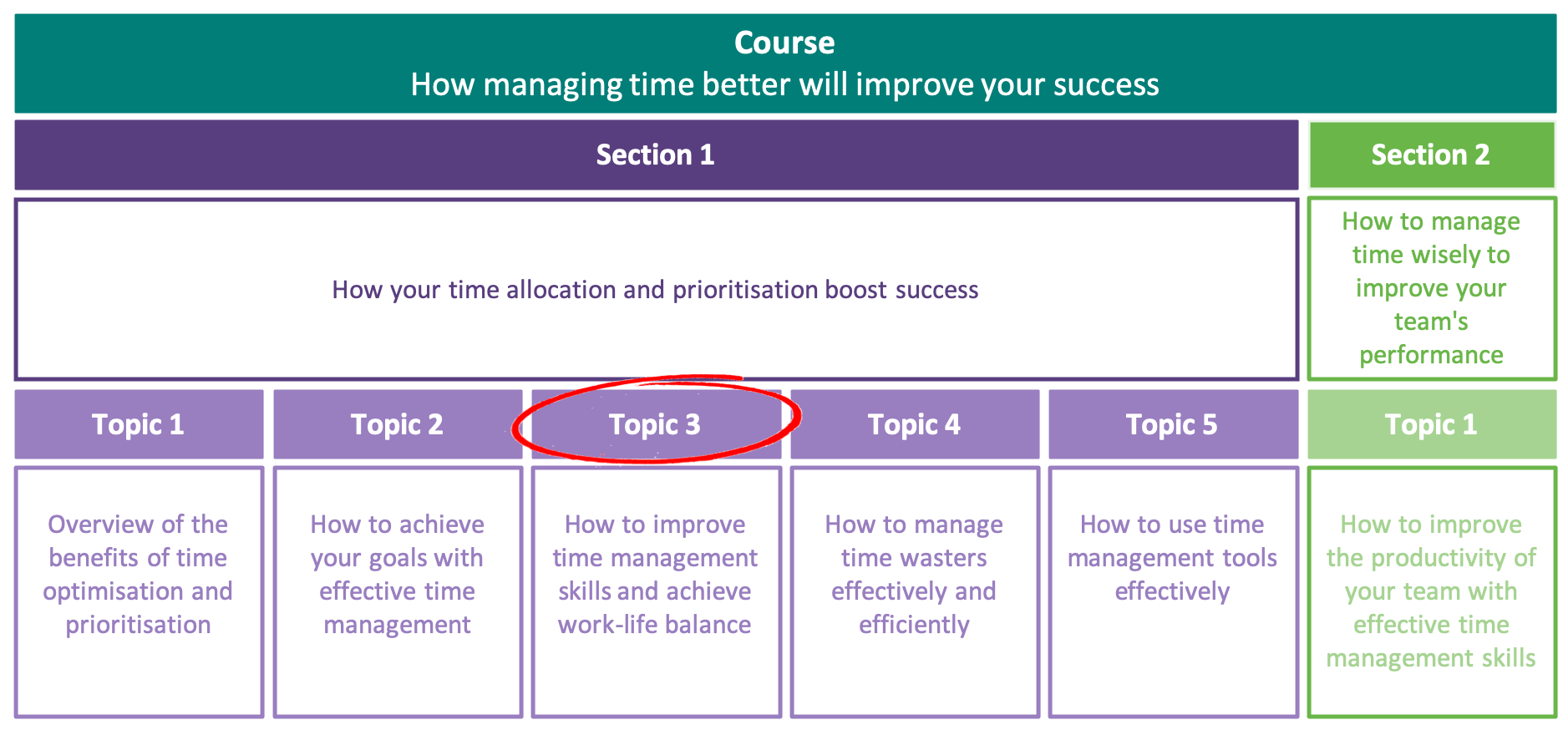
Optimize Your Day: Effective Time Management Strategies
In the quest for a more efficient and purposeful life, mastering the art of time management becomes a game-changer. It’s not about packing your schedule with more tasks; it’s about optimizing each moment for maximum impact. Let’s explore some practical strategies to improve your time management skills and make the most out of every day.
Mastering the Art of Prioritization
One of the foundational principles of effective time management is prioritization. It’s about discerning between what’s important and what’s urgent. Start by identifying tasks aligned with your overarching goals. Prioritize these, ensuring that your energy is invested in activities that contribute significantly to your long-term success. Mastering this art sets the tone for efficient time utilization.
Strategic Time Blocking for Structured Days
Time blocking is a powerful technique that brings structure to your day. It involves allocating specific blocks of time to different activities, whether work-related, personal, or breaks. This strategy helps maintain focus and prevents distractions, creating a well-organized routine. Embrace time blocking to enhance your productivity and ensure that each aspect of your day receives dedicated attention.
Breaking Free from the Procrastination Trap
Procrastination can be a formidable opponent when it comes to effective time management. To break free from its clutches, set realistic goals and deadlines for your tasks. Tackling them systematically not only helps you avoid last-minute rushes but also instills a sense of accomplishment. Overcoming procrastination is a key milestone on the journey to improved time management skills.
Effective Time Allocation: Aligning with Goals
Understanding the time required for each task and aligning it with your goals is a critical aspect of efficient time management. Evaluate the importance and urgency of tasks to determine where to allocate your time resources. This strategic approach ensures that you’re investing your time in activities that contribute directly to your long-term objectives, fostering growth and achievement.
Streamlining Your Routine for Enhanced Efficiency
Efficiency is the heartbeat of effective time management. Streamlining your routine involves identifying and eliminating time-wasting activities. Embrace productivity tools, automation, and streamlined processes to optimize your workflow. By reducing inefficiencies, you create room for more valuable tasks and enhance overall productivity.
The Power of Saying No in Time Management
In the pursuit of improved time management, don’t underestimate the power of saying no. Learn to decline tasks or commitments that don’t align with your priorities. Saying no is not about avoiding collaboration or teamwork; it’s about being discerning about where you invest your time. This practice empowers you to focus on activities that truly matter.
Strategic Planning: Setting the Stage for Success
Strategic planning is a cornerstone of effective time management. It involves setting clear objectives, breaking them down into actionable steps, and creating a roadmap for success. This intentional approach ensures that each day aligns with your broader goals, providing direction and purpose to your efforts. Embrace strategic planning to unlock your full potential.
Flexibility in Approach: Embracing Adaptability
While strategic planning is crucial, so is the ability to adapt. Life is unpredictable, and unforeseen challenges may arise. Improve your time management skills by embracing flexibility in your approach. Be open to adjusting your plans as needed without losing sight of your overarching goals. This adaptive mindset ensures resilience in the face of unexpected twists.
Balancing Work and Personal Life for Well-Being
Achieving a balance between work and personal life is a key aspect of effective time management. Allocate time for both professional and personal pursuits, ensuring that neither aspect overshadows the other. By striking a balance, you foster well-being, satisfaction, and sustained productivity in all facets of your life.
Continuous Learning and Optimization for Growth
Improving your time management skills is an ongoing process that involves continuous learning and optimization. Stay open to exploring new techniques, tools, and approaches. Regularly assess the effectiveness of your strategies and make adjustments as needed. This commitment to continuous improvement ensures that your time management skills remain dynamic and adaptive.
As you embark on the journey to optimize your day through effective time management, remember that it’s a personalized exploration. Experiment with these strategies, find what resonates with your unique style, and adapt them to fit the demands of your daily life. With a focus on prioritization, strategic planning, and flexibility, you’ll find yourself navigating each day with a sense of purpose and accomplishment. Read more about ways to improve your time management skills





